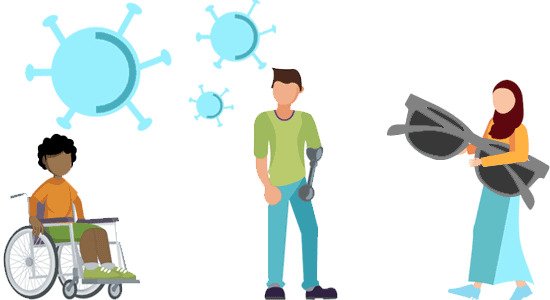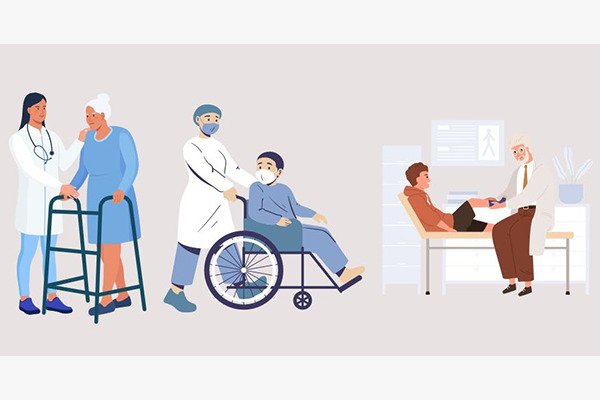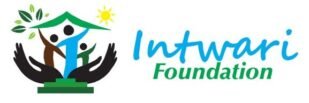At Intwari Foundation, we believe that health is a human right—and no one should be left behind. That’s why we actively advocate for accessible, quality, and equitable health care services for persons with disabilities across Rwanda.

Our Mission:
- Inclusive ducation from Primary to Tertiary Levels
What we do:
- Train teachers in inclusive pedagogy.
- Advocate for universal access to assistive learning materials (e.g. braille books, audio content, inclusive digital platforms).
- Provide scholarships or bursaries for students with disabilities to reduce financial barriers to continued education.
- Partner with universities and technical schools to accommodate students with special needs through assistive tech, mentoring, and psychosocial support.
Why it matters: Dropout rates for children with disabilities are high due to stigma, lack of adapted materials, and inaccessible school infrastructure.

- Vocational Training & Economic Empowerment
What we do:
- Run customized vocational training in tailoring, ICT, crafts, agriculture, and maintenance—based on disability types and local market needs.
- Partner with TVET institutions to develop inclusive learning models and offer disability-sensitive trainers.
- Provide start-up kits, seed funding, or microloans for self-employment.
- Create cooperatives for joint income-generating activities.
Why it matters: Persons with disabilities often face unemployment and limited skills development options. Empowering them economically fosters independence and dignity.

- Promote Digital Skills and Employment Inclusion
What we do:
- Offer basic and intermediate digital skills training (e.g., computer use, typing, mobile tools).
- Prepare candidates for remote work and inclusive hiring programs.
- Engage employers in disability inclusion awareness and create accessible workspaces.
- Support internships and job placements in partnership with government, NGOs, and the private sector.
Why it matters: Technology opens new paths for employment, especially for people who may be limited by mobility or location.
- Health Services & Assistive Devices
What we do:
- Work with partners to import, produce, or distribute assistive devices such as wheelchairs, white canes, hearing aids, and prosthetics.
- Train health workers on inclusive primary care, rehabilitation, and mental health support.
- Run community outreach clinics for health screenings and needs assessments.
Why it matters: Many people cannot afford or access essential devices and inclusive healthcare. This limits their ability to move, communicate, or live independently.
- Family and Community Engagement
What we do:
- Organize family counseling, awareness campaigns, and dialogue groups to combat stigma.
- Establish community disability support groups to exchange resources and offer mutual support.
- Train community health workers and local leaders on inclusion, rights, and disability etiquette.
Why it matters: Families and communities are the first line of support. Educating and empowering them strengthens inclusion from the ground up.
